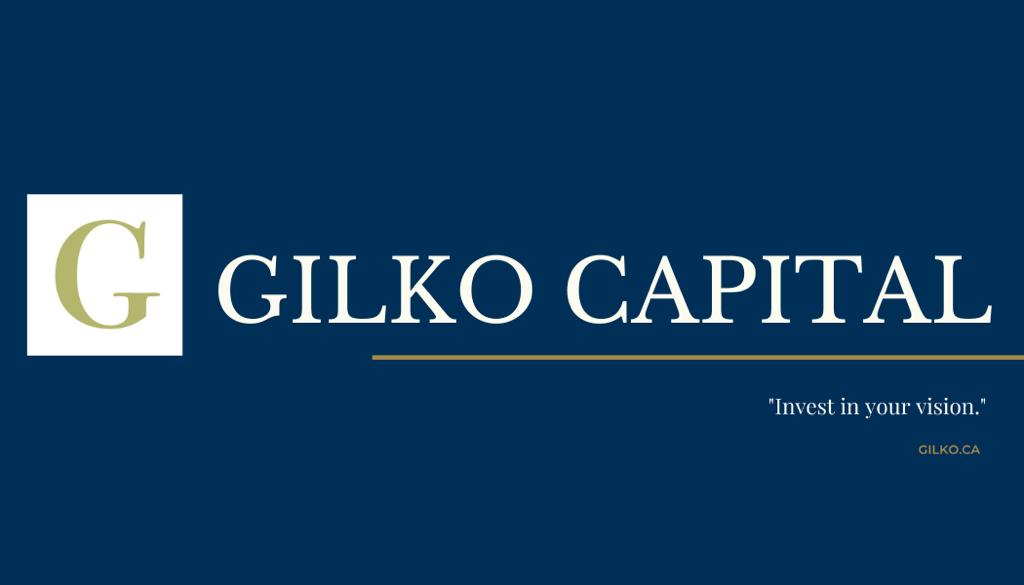A commercial mortgage is a type of loan that is used to purchase or refinance a commercial property. One of the most important questions borrowers have is how much they can borrow with a commercial mortgage. The amount that a borrower can borrow depends on a variety of factors, including the value of the property, the borrower’s credit history, and the lender’s underwriting criteria.
Here’s a closer look at how lenders determine how much a borrower can borrow with a commercial mortgage.
- Loan-to-Value Ratio
The loan-to-value (LTV) ratio is one of the most important factors that lenders consider when deciding how much to lend. The LTV ratio is the ratio of the loan amount to the value of the property. For example, if a property is worth $1 million and a lender is willing to lend up to 80% LTV, the maximum loan amount would be $800,000.
Lenders typically have LTV requirements that range from 60% to 80%. The lower the LTV ratio, the less risk the lender is taking, and the lower the interest rate will typically be.
- Debt Service Coverage Ratio
The debt service coverage ratio (DSCR) is another important factor that lenders consider when determining how much to lend. The DSCR is the ratio of the property’s net operating income (NOI) to its debt service. In other words, it’s a measure of the property’s ability to generate enough income to cover its debt payments.
Lenders typically require a DSCR of at least 1.25x. This means that the property’s NOI must be at least 25% greater than its debt service. The higher the DSCR, the less risk the lender is taking, and the more willing they may be to lend a larger amount.
- Creditworthiness
Lenders also consider the borrower’s creditworthiness when determining how much to lend. This includes the borrower’s credit score, credit history, and other factors that may impact their ability to repay the loan.
Borrowers with higher credit scores and a strong credit history are generally more likely to qualify for a larger loan amount.
- Property Type
The type of property being financed also plays a role in determining how much a borrower can borrow. Lenders may have different underwriting criteria for different property types, such as retail, office, or industrial.
For example, lenders may be more willing to lend a larger amount for a property that generates stable income, such as a multi-family residential property, compared to a property that has a more volatile income stream, such as a hotel.
- Lender Underwriting Criteria
Each lender has its own underwriting criteria, which can vary based on the lender’s risk tolerance, market conditions, and other factors. Some lenders may be more willing to lend a larger amount than others, based on their underwriting criteria.
In general, we work with borrowers to secure a loan anywhere from $5 million to $500 million plus with a commercial mortgage, depending on the factors listed above.
In conclusion, how much a borrower can borrow with a commercial mortgage depends on a variety of factors, including the property’s value, the borrower’s creditworthiness, and the lender’s underwriting criteria. By understanding these factors, borrowers can better prepare themselves for the commercial mortgage application process and increase their chances of obtaining a loan that meets their financing needs.

